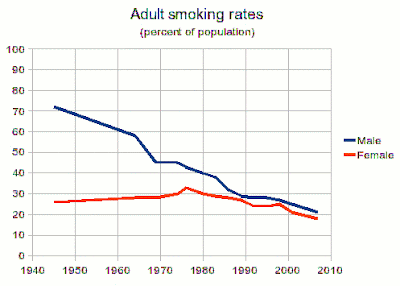atheist says christianity is good
These days it's not uncommon to read articles in which outspoken atheists angrily denounce how christianity causes terrible trouble in the world. So it's both surprising and refreshing to read a strong atheist express the opposite conclusion.
Matthew Parris, writing in The Times (As an atheist, I truly believe Africa needs God), explains that he grew up in Africa, in Malawi (then known as Nyasaland), and recently had the opportunity to re-visit. Christian missionaries bring much needed aid and assistance to African communities, and although he used to disagree with the spiritual teachings, he welcomed the good works. "...only the severest kind of secularist could see a mission hospital or school and say the world would be better without it."
But both then and now, he noticed that, by nature, many Africans seem passive, unwilling to work for positive change. They give too much respect to leaders, even if they are unjust and brutal, and those still under the influence of tribal religions live in fear and superstition.
But conversion to christianity changes all that, he says - "it liberates". And so he argues that practical help (schools, hospitals, emergency aid, etc) is not enough, the whole African belief system "must ... be supplanted". Africa "needs God".
This leads this obviously honest atheist to a surprising conclusion: "Removing Christian evangelism from the African equation may leave the continent at the mercy of a malign fusion of Nike, the witch doctor, the mobile phone and the machete."
The article is well worth a read, and reinforces a similar conclusion by another atheist journalist, Roy Hattersley, several years ago.




